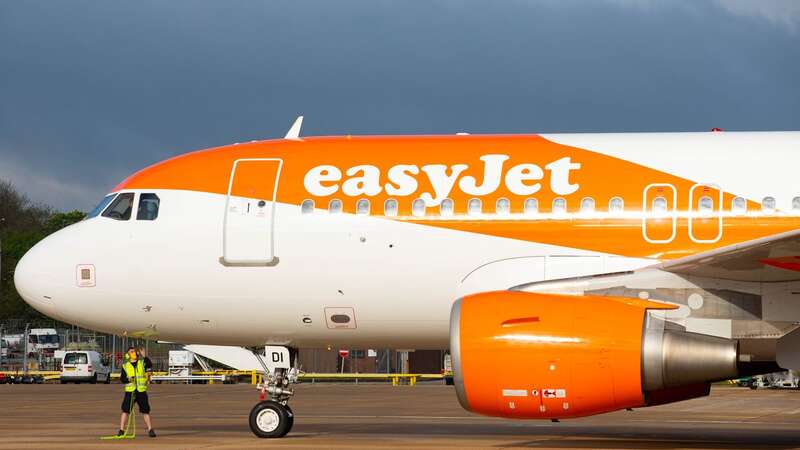
Aviation leaders are calling on the government to invest more in hydrogen flight development.
They believe that hydrogen-powered air travel could be a profitable business, but the UK needs to invest more to keep up with other countries. EasyJet's boss, Johan Lundgren, is leading the call for more spending.
He says we need a lot of investment is needed to make hydrogen a real alternative to normal jet fuel. He believes EasyJet will have its first flights powered by hydrogen by 2040.
Mr Lundgren said: "It's without doubt that the UK is well-placed to be a global leader in hydrogen – but the opportunity will be gone if we do not act now to build on all the great work that has already been done." He claimed it will likely be a "profitable investment", but acknowledged any returns will not be "short-term".
He said: "The barriers to entry in this market are also quite high. I think it's important to recognise that investment in this needs to be looked upon in the longer timescale and that's the reason why you can't just expect companies to bounce in on this. It is really an infrastructure play that the Government is going to need to help support, which they have been, and in the discussions we've had they are very positive."
 Couple book 28-day Egypt holiday as it was cheaper than UK & saved hundreds
Couple book 28-day Egypt holiday as it was cheaper than UK & saved hundreds
Last February, the Government said it would put £113 million into new aviation technologies, including flights powered by hydrogen. When hydrogen is used as a fuel, the only waste product is water. This has led to hopes that it could be used to power planes without creating any carbon emissions.
EasyJet is part of a group called the Hydrogen in Aviation (HIA) alliance, which also includes companies like Rolls-Royce, Airbus, Orsted, GKN Aerospace, Bristol Airport and ZeroAvia. They joined together last September. On Monday, the group shared a report with steps they think the UK needs to take to stay a "a global leader in hydrogen-powered aviation".
These steps include getting more hydrogen supply, investing in new infrastructure, and making sure airports can handle the technology. Russ Dunn, who is the chief technology officer at GKN Aerospace, said that hydrogen could lead to "a very exciting carbon-free future of flight". He added: "The UK now needs to commit to this at a national level to truly coordinate efforts and seize the opportunity that is in front of us."
He also said: "Now is the time to prepare for and enable the huge sustainability and economic potential of hydrogen for both the aviation industry and wider economy."
Alan Newby, who is the director of research and technology at Rolls-Royce, said: "We believe in the potential of hydrogen-powered flight, and we are making good progress in developing the key technology building blocks required to make it a reality. This is an ambitious but necessary challenge."
Read more similar news:
Comments:
comments powered by Disqus































